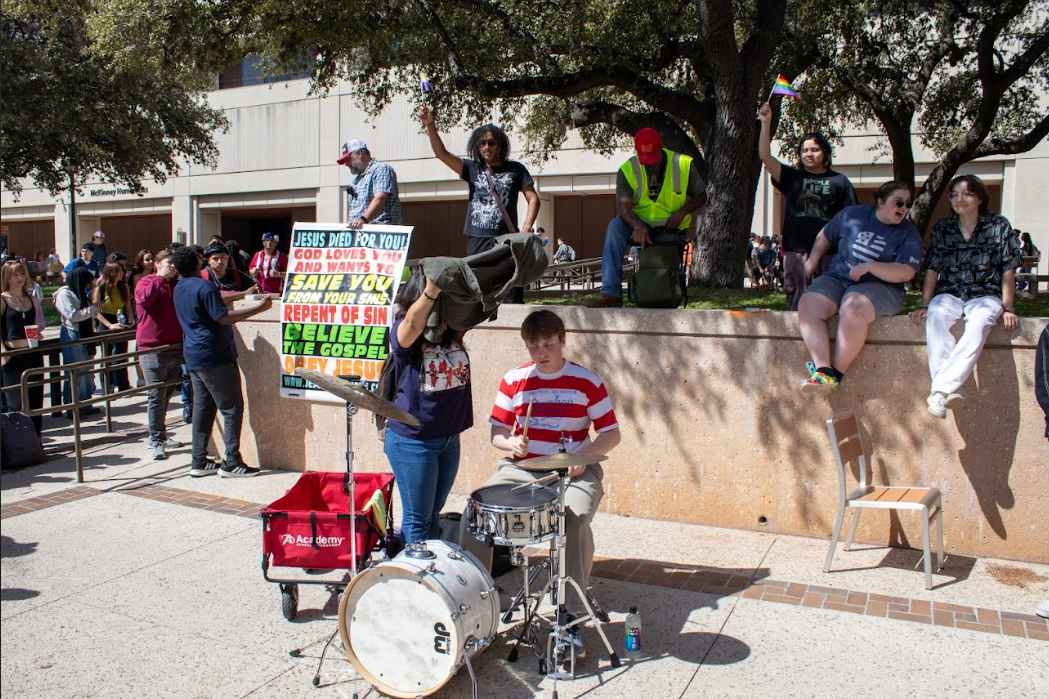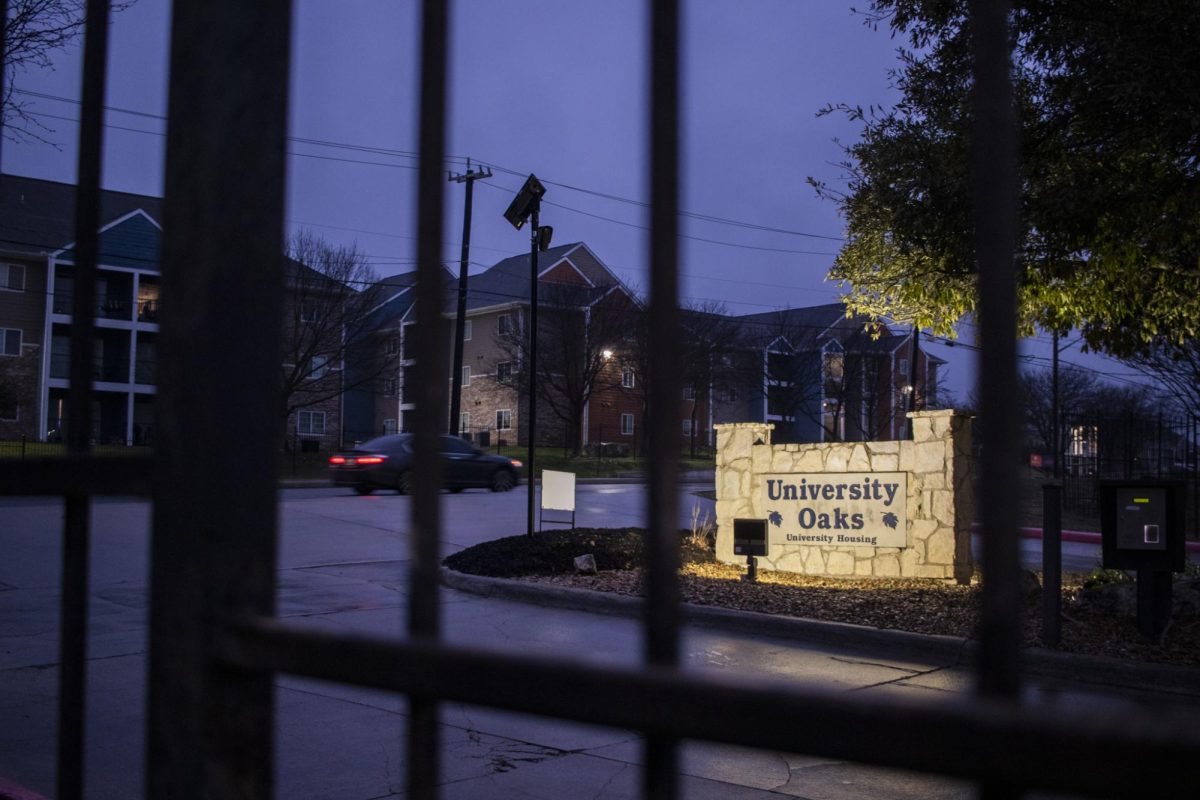On Feb. 25, the Texas Education Committee passed SB 3, a bill introduced by Texas Sen. Dan Patrick (R-Houston) that will modify the high school curriculum and introduce more leniency in graduation plans. Under SB 3, Texas high school students would have the option to take classes separate from the dictated core curriculum, which would be more relevant to students who do not wish to attend a college or university after graduation. This would allow students pursuing higher education to take classes that would prepare them for college-level courses, while students looking to enter the job market upon high school graduation could learn vocational training.
Patrick authored the bill with Vice-Chair Eddie Lucio, Jr (D-Brownsville) and fellow members Donna Campbell (R-New Braunfels) and Larry Taylor (R-Friendswood).
The proposal modifies the current high school degree, changing its structure by adding what the bill calls “endorsements” to a student’s diploma. According to Section 3, after completing the foundation high school program, students could earn endorsements on their diplomas in business, humanities, STEM (Science, Technology, Engineering and Mathematics) or distinguished achievement.
Section 7 outlines the implementation of more options for those students interested in career-prep instead of college-prep.
“The bill will give students greater flexibility and more rigorous courses in CTE [Career Technical Education] so that all students are ready for either career, college or both,” said Patrick on his Facebook page Feb. 20.
Construction, manufacturing, trade, transportation and utility positions make up almost 30 percent of jobs in San Antonio, according to the Bureau of Labor Statistics.
According to the Texas Tribune, Mario Lozoya, director of government relations with Toyota Texas, said, “The state must realize that not everyone in high school wants to go to college. But each graduate still needs a high-quality education.”
Learning the more in-depth basics of a particular trade is something Patrick hopes to bring to the high school degree plan.
If SB 3 is passed, students seeking career-prep could participate in a vocational training program, giving them access to internships and opportunities to work with both public and private businesses. Students will be learning practical trade skills while also earning school credit.
In an effort to lower the state dropout rate, the vocational training program will also target high-risk dropout students. According to the Texas Education Agency (TEA), in the 2010-2011 school year, the overall Texas dropout rate was 2.4 percent, while the drop out rate in San Antonio was 3.2 percent—the third largest dropout rate in Texas.
The bill now awaits a vote in the State Senate.
Categories:
Vocational training proposed as alternative to college prep
February 26, 2013
Story continues below advertisement
Tags:








